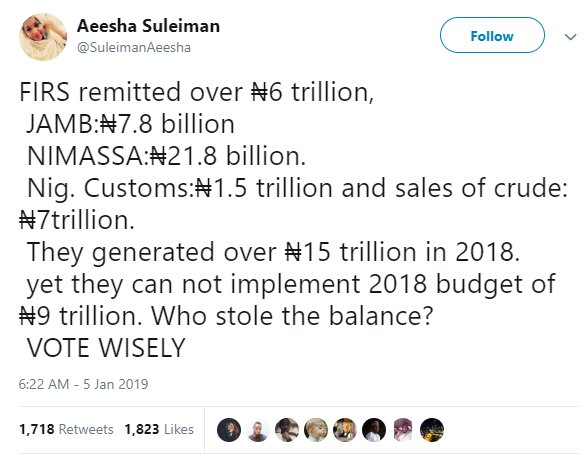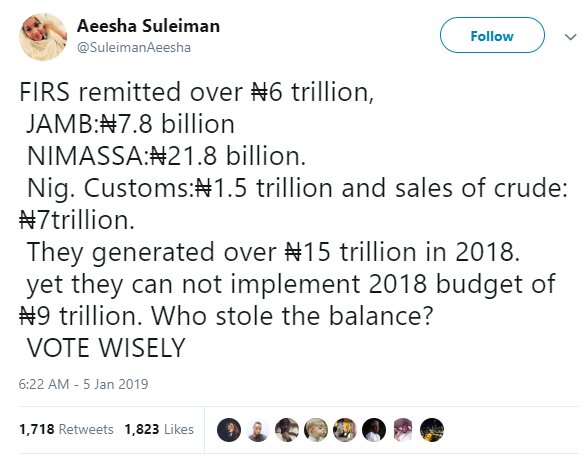A THREAD
Jan 2 - Kibaki accuses Odinga’s of “ethnic cleansing” as death toll from tribal violence rises
Jan 4 - Kibaki says he'll accept a re-run of the disputed election if a court orders it
Jan 5 - Kibaki says he's ready to form a govt of national unity, but Odinga rejects
Legislator Melitus Were is gunned down outside his home in Nairobi and on Jan 31 David Kimutai is killed in the Rift Valley triggering more ethnic killings
And on April 17, Odinga was sworn in as Prime Minister, in a power sharing govt












